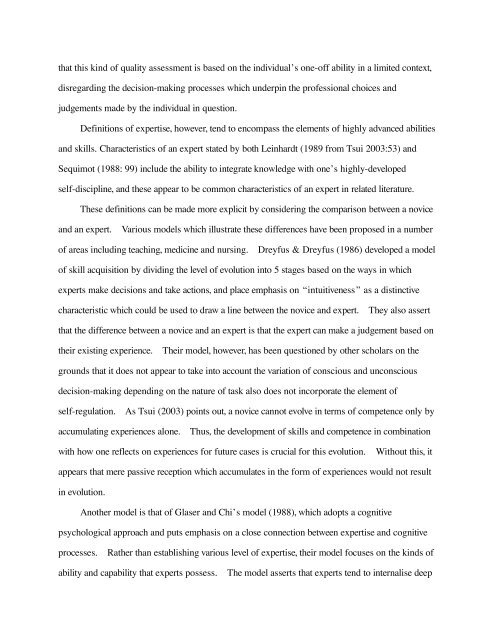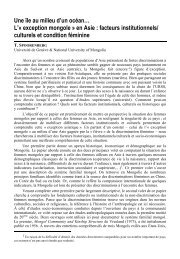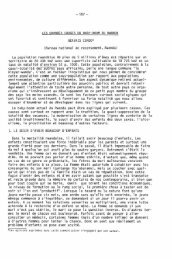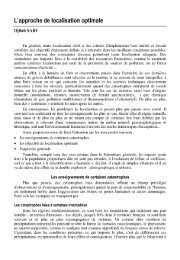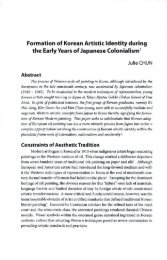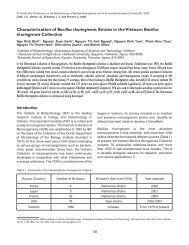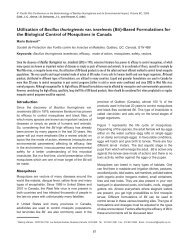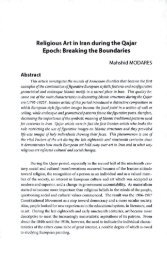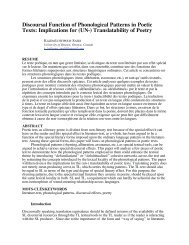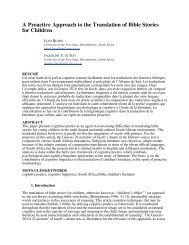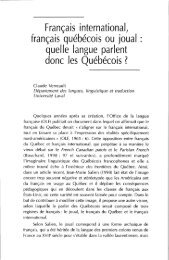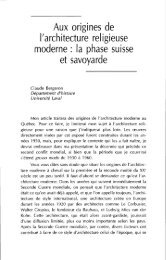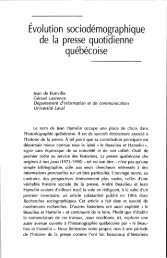PBL as a New Pedagogical Approach for Translator Education
PBL as a New Pedagogical Approach for Translator Education
PBL as a New Pedagogical Approach for Translator Education
Create successful ePaper yourself
Turn your PDF publications into a flip-book with our unique Google optimized e-Paper software.
that this kind of quality <strong>as</strong>sessment is b<strong>as</strong>ed on the individual’s one-off ability in a limited context,<br />
disregarding the decision-making processes which underpin the professional choices and<br />
judgements made by the individual in question.<br />
Definitions of expertise, however, tend to encomp<strong>as</strong>s the elements of highly advanced abilities<br />
and skills. Characteristics of an expert stated by both Leinhardt (1989 from Tsui 2003:53) and<br />
Sequimot (1988: 99) include the ability to integrate knowledge with one’s highly-developed<br />
self-discipline, and these appear to be common characteristics of an expert in related literature.<br />
These definitions can be made more explicit by considering the comparison between a novice<br />
and an expert. Various models which illustrate these differences have been proposed in a number<br />
of are<strong>as</strong> including teaching, medicine and nursing. Dreyfus & Dreyfus (1986) developed a model<br />
of skill acquisition by dividing the level of evolution into 5 stages b<strong>as</strong>ed on the ways in which<br />
experts make decisions and take actions, and place emph<strong>as</strong>is on “intuitiveness” <strong>as</strong> a distinctive<br />
characteristic which could be used to draw a line between the novice and expert. They also <strong>as</strong>sert<br />
that the difference between a novice and an expert is that the expert can make a judgement b<strong>as</strong>ed on<br />
their existing experience. Their model, however, h<strong>as</strong> been questioned by other scholars on the<br />
grounds that it does not appear to take into account the variation of conscious and unconscious<br />
decision-making depending on the nature of t<strong>as</strong>k also does not incorporate the element of<br />
self-regulation. As Tsui (2003) points out, a novice cannot evolve in terms of competence only by<br />
accumulating experiences alone. Thus, the development of skills and competence in combination<br />
with how one reflects on experiences <strong>for</strong> future c<strong>as</strong>es is crucial <strong>for</strong> this evolution. Without this, it<br />
appears that mere p<strong>as</strong>sive reception which accumulates in the <strong>for</strong>m of experiences would not result<br />
in evolution.<br />
Another model is that of Gl<strong>as</strong>er and Chi’s model (1988), which adopts a cognitive<br />
psychological approach and puts emph<strong>as</strong>is on a close connection between expertise and cognitive<br />
processes. Rather than establishing various level of expertise, their model focuses on the kinds of<br />
ability and capability that experts possess. The model <strong>as</strong>serts that experts tend to internalise deep


